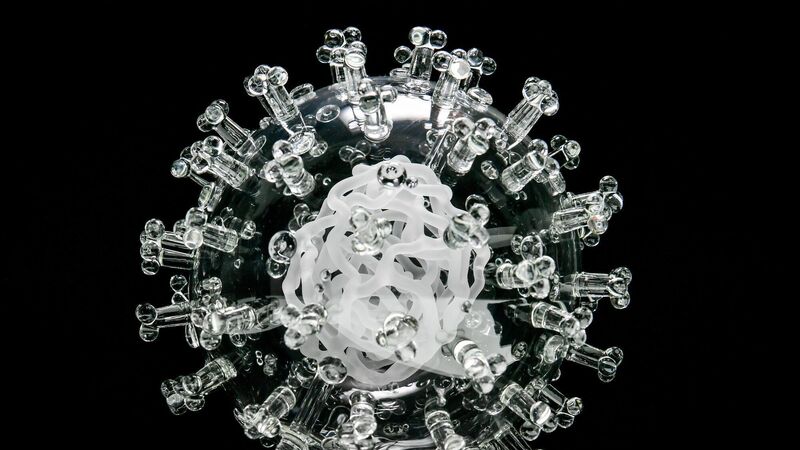New Covid-19 strain in UK 'nothing to be overly concerned' says health expert

“Viruses evolve on an ongoing basis and while the UK have been very prompt and helpful in identifying this early and sharing the data, there's no evidence at this point in time that the virus should pose a significant concern," said Dr De Gascun File picture.
The Director of the National Virus Reference Laboratory, Dr Cillian De Gascun has said that there is nothing to be overly concerned about reports of a new strain of Covid-19 which has been identified in the south east of England.
“When a novel variant like this emerges it's always important that we assess it and keep an eye on it. But at this stage there's nothing to be overly concerned about,” he told RTÉ radio’s News at One.










